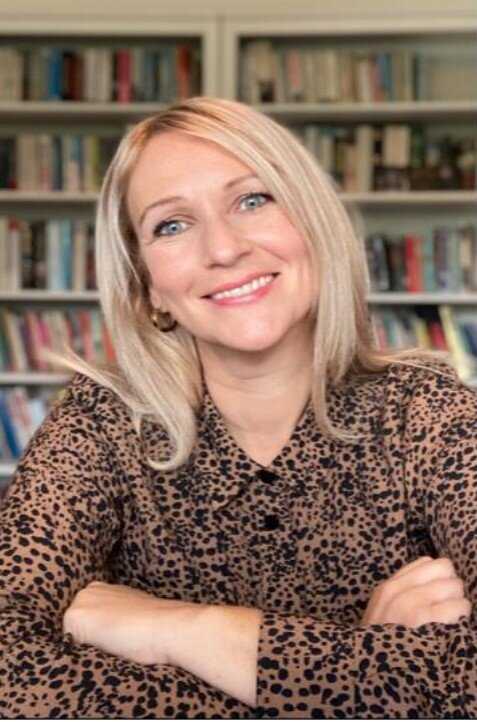
Lucy Ziegler is a Professor of Palliative Care at the University of Leeds’ Institute of Health Sciences. Her research into palliative care for children and young adults is helping to develop a new model of palliative care delivery to help address inequalities.
Tell us more about your role at University of Leeds.
I am a Head of the St Gemma’s Academic Unit of Palliative Care at the University of Leeds. Palliative care aims to help patients with advanced incurable disease live as well as possible by focusing on the effective management of symptoms, both physical and psychological.
What do you enjoy most about working in your sector?
I find it hugely rewarding. There is a saying in palliative care ‘ you only have one chance to get it right’ so generating research evidence to drive improvements in end-of-life care feels worthwhile. We are, I hope, helping to get it right.
How important is innovation within your role/sector?
Innovation within our field is more important than ever, the need for palliative care is growing exponentially and new ways to deliver palliative care that sit alongside existing hospice based palliative care services are needed urgently. Everyone deserves access to high quality end of life care and without some innovative solutions we are not going to be able to provide that.
What professional achievement are you most proud of?
It is hard to identify an individual achievement because success in our field is always reliant on collaboration. One of our great strengths as a research group is the successful collaborative relationships we have built both in the UK and overseas. I am proud that we play a key part in the international effort to improve end of life care.
What, if any, are the challenges of being a woman working in your sector?
Early in my career there was a lack of senior female role models in medical research, particularly role models who had young families and predominantly worked part time. This is changing for the better, for me it was hugely encouraging to see female colleagues whose circumstances reflected my own progress amnd become leaders in their field.
What advice would you give to other women working in your sector?
The best research endeavours are often labours of the heart and mind. If you can find a way to bring together good science with something that really matters to you, that has some personal significance then you will do it justice and the rewards will be all the greater.
Finally, can you tell us more about your research into palliative care for children and young adults?
It is a population I feel passionate about, there are more than 86,000 children and young people living with a condition that will shorten their life in England. Many are cared for by children’s hospices and until recently young people were not discharged from children’s palliative care services irrespective of age. This model of care is no longer possible due to the rapidly growing population of young people with life limiting conditions. This means when a teenager is approaching adulthood children’s hospice services can no longer meet their needs. In 2022 an amendment to the human rights bill made access to palliative care a human right but these young people with life limiting conditions now do not always have access to appropriate palliative care . Our research programme is developing a new model of palliative care delivery for this population to help address this inequality.